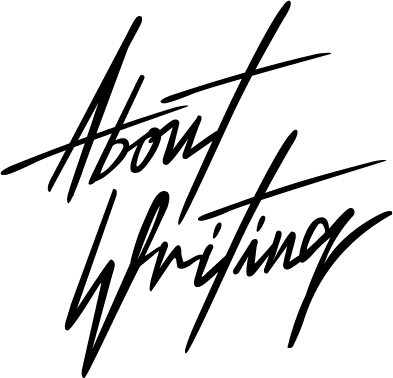I love writing. And maybe I’m in love with it. I’ve tried to avoid the activity before because the process feels too difficult and the rewards too slim, but I always return. Still, it never feels like an addiction. I never regret returning to it, and it’s not my weakness that returns to it. On…
Signing up for NaNoWriMo.
Signing up for NaNoWriMo was simple and free. I was instantly invited to announce my writing project. I needed a name – I titled it November Novel. Under project status, I selected the first option ‘Prepping’ because I intend to begin writing the novel on the 1st of November. The other options are ‘In Progress’, ‘Drafted’…
Taking part in NaNoWriMo!
That’s right, I’m taking part in NaNoWriMo this year. That means that I’ll be starting a new novel on the first of November and trying my best to complete it before December. I’ve never attempted it before. I’ll be sharing my progress here on the website, offering an insight into the structure and assistance from the organization…
What is NaNoWriMo?
It’s almost that time of year again when #NaNoWriMo is trending, and people start to ask, “What is NaNoWriMo?” The acronym stands for National Novel Writing Month. On its website, it describes itself as a “fun, seat-of-your-pants approach to creative writing.” It’s free, and it helps writers track their progress, set milestones, connect with other…
Writing my first novel: roaches, pigeons, bleach!
I would dream of cockroaches in the room and wake with one thought — lift the carpet and see. There were always one or two, sometimes a dozen, and it was a blessing every time I failed to remember that there were hundreds just as close to me, only hiding. I poured bleach across the…
Artists in Industry.
The artist is the full-blown artistic version of themselves at the moment the idea enters into their mind and they begin to engage with the idea. This is the exciting part for me, and many others, I’m sure. On the other hand, it feels as though the artist is the least themselves the further they…
Avoid clichés.
Avoid clichés at all costs. Avoid clichés like the plague. A cliché is something that some other writer has already written. The only real point of writing or creating anything is to write or create it yourself. Becoming a better creative writer means embracing originality and pushing boundaries. You create to contribute something new. I’m…
Realistic dialogue shouldn’t sound too real.
Writers are great observers. We pay attention to people’s mannerisms and listen to conversations in cafes and train stations. Something we all know is that real-life conversation is not realistic dialogue. More than other writers, this is something I need to be reminded of because I love realism. I attempt to write my dialogue as…
Successful Writing is Writing and Marketing: My Story.
Looking back, I think I was an overly ambitious and confident writer (I hope I wasn’t arrogant). And I trusted that I would succeed by focussing almost solely on quality. But I was wrong because successful writing depends on a combination of writing and marketing. I still believe in quality writing. It’s central to my…
What is subtext?
A previous post on writing dialogue with purpose is critical information, but it’s still just a small part of writing good and realistic dialogue overall. A line packed with purpose, for example, could still be a poor line if it lacks subtext. I’ll show what subtext is and explain why subtext is important to dialogue. …
